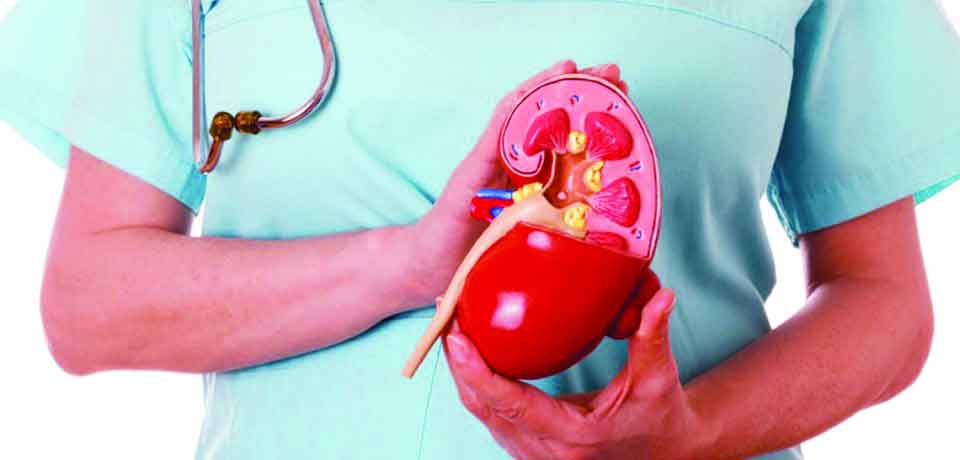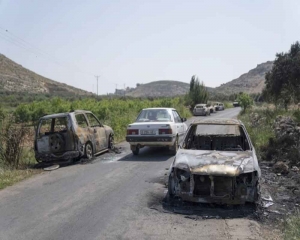According to World Health organisation (WHO) estimates, 10 per cent of worldwide population is affected by kidney diseases. Each year, about 17 out of 100 urban Indians suffer from kidney diseases. Importantly, many of these are young children, posing a major public health crisis.
To add to it, kidney diseases in children are often silent, thus making it difficult to diagnose especially in the earlier stages. In the later stages, symptoms, if present, are often nonspecific, further complicating the issue. Poor growth is the single most common feature in all children. Undiagnosed, the condition can lead to life-threatening long-term effects, mainly related to heart and brain. In the absence of appropriate preventive and corrective measures, patients may eventually develop advanced kidney failure and need renal replacement therapy (RRT) in the form of dialysis or a kidney transplant.
However, early detection can help prevent kidney diseases from occurring or progressing into more advanced kidney failure. Since early chronic kidney diseases usually have no signs or symptoms, it is important for those with high risk to get tested regularly. There are simple urine or blood tests to determine the kidney health.
The common causes of kidney diseases in children in India, acute kidney injury (AKI), which is secondary to infections or diarrheal illness, is something very important to keep in mind.Although potentially reversible in most cases, AKI in children may have long-term problems that could later in life lead to chronic kidney disease (CKD) which is permanent and progressive damage to the kidneys. Children often die, not from the infection, but because of AKI caused by dehydration and low blood pressure. Equally important is the risk of glomerular diseases in children affecting the filtering units of the kidneys and there is a clear evidence that kidney diseases first detected in adults with symptoms such as high blood pressure, protein and blood in urine actually begin in childhood. Then there are some congenital disorder and hereditary diseases of the kidneys which present from the birth of the child and which may manifest later in life. These include entities like vesicoureteric reflux (VUR) which results in backflow of urine from the urinary bladder back into the kidneys at the time of urine voiding by the child resulting in damage to kidneys and possible urine infection. Therefore, it is very important to identify and understand childhood-related kidney diseases and intervene early to prevent future complications.
It is important to identify the presence of kidney disease in children. It can be done with regular antenatal checkups and fetal ultrasounds. This can potentially help many children with kidney abnormalities to be diagnosed even before birth. Some children develop facial swelling or leg swelling which can be due to abnormality in kidneys causing protein leakage in the urine. Simple and relatively inexpensive urine and blood tests are enough to identify kidney diseases. Ultrasound scan or CT scan and other special tests may also be required depending upon the problem.
Once a child gets a kidney disease, it can cause high blood pressure, enlargement of heart, low haemoglobin; affect child’s growth, make bones brittle and affect overall well being and scholastic performance of the child. If it enters a more advanced stage, it can result in life threatening repercussions often requiring renal replacement therapy to sustain life. However, with vast improvement in the reach and quality of dialysis services, the long term results of the procedure have significantly improved. Transplant centers are now accepting young patients and children for successful kidney transplants. Since early detection and treatment of kidney diseases in children can make a huge difference, the whole family should understand the importance of recognising and treating kidney diseases early to prevent permanent and irreversible kidney damage.
The Writer is Dr Dinesh Khullar Chairman, Nephrology & Renal Transplant Medicine at Max Super Speciality Hospital, Saket


























